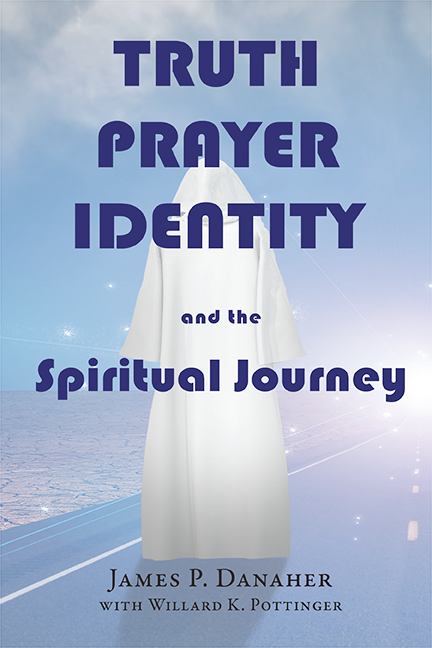This book is about the spiritual journey and the transformation of our earthly self to a divine self. Danaher takes the reader on a journey through Western history in which the spiritual journey was both advanced and blocked by conceptions of truth and theological theories.
Aristotle claimed that human beings were involved in three basic activities: making, doing, and knowing. When we make, we want to make what is beautiful; when we do, we want to do what is good; and when we know, we want to know what is true. Modern science seeks a truth that is something to know, without concern for the beautiful or good. Not only is such a truth narrow, it is also constrained by our perspective. Since the invention of the microscope, we have learned that “truth” is not fully disclosed by our senses or described by language. These can only approximately describe being.
Truth is not something to know, but something to be. In being we should also be beautiful and good. When Jesus said, “I am the way, the truth, and the life,” he was referring to a way of being. Prayer, in its ultimate form, is not about words but identity, It is about identifying with God and consciousness of the core of our being. Our divine identity is different from our identity in the world, and can transform our being in the world.
Three things keep us from progressing on the spiritual journey: (1) our conception of truth, (2) our identity in the world, and (3) prayers based on our identity with the world. This book lays these obstacles bare and opens the highway for the reader’s spiritual journey.
James Danaher’s, Truth, Prayer, Identity and the Spiritual Journey is a fascinating and humbling adventure into the mysterious depth of the liberating presence of God. Danaher, with the heart of a mystic, the sharp mind of an academic, and subversive rhetoric of a wise prophet, shines a light on the ubiquitous religious attitudes that can become obstacles to God’s presence. Most importantly, he leads us toward a path of radical identity transformation into the profound love, mercy, and forgiveness of God. I highly recommend this book! —Mark Karris, author of Divine Echoes: Reconciling Prayer with the Uncontrolling Love of God






